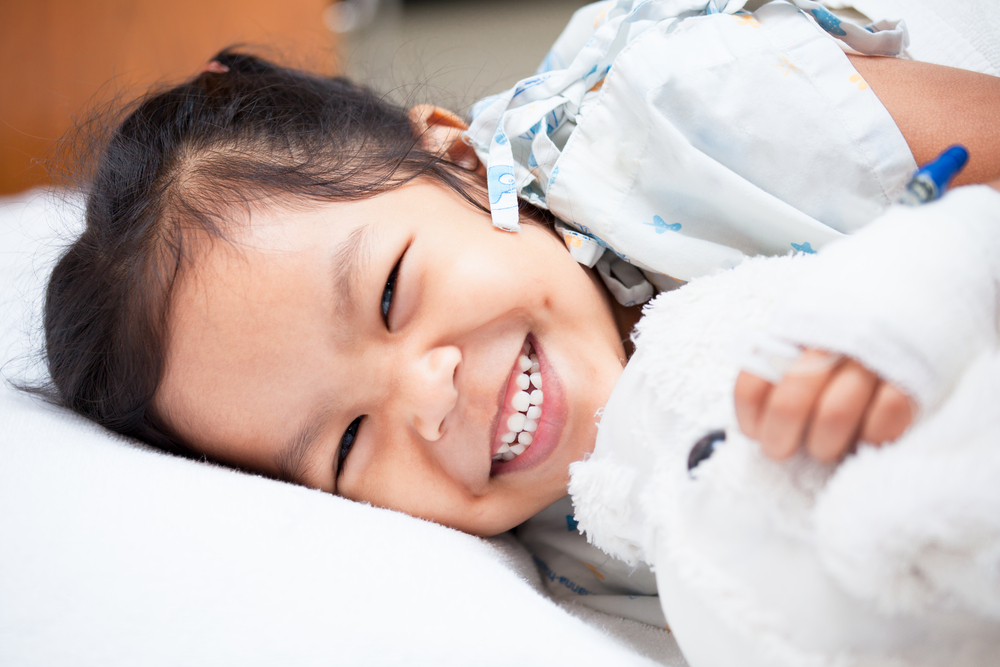MRFF grants to boost children’s health and wellbeing

Improving healthcare for children with bronchiolitis, brain cancer and epilepsy and boosting the mental health of transgender young people are the Murdoch Children’s Research Institute (MCRI) projects to be awarded new federal funding.
Professor Franz Babl, Dr Sarah Stephenson and Associate Professor Ken Pang have each received grants from the latest Medical Research Future Fund (MRFF) round announcement.
Professor Franz Babl and the PREDICT emergency research network have been awarded a $3.8 million Rapid Applied Research Translation (RART) grant to spearhead a nationwide project to boost healthcare and research across regional and rural Australia with a focus on bronchiolitis.
Bronchiolitis is an acute lung disease caused by viral infections and the most common reason for hospital admissions in infants.
Professor Babl said the project would help build Australia’s national capacity in research and innovation.
“The project will involve 30 different hospitals in seven states and territories, bringing together rural, regional and urban hospitals,” he said.
“Ultimately, we want to ensure that no matter where a young child is in Australia, that they are able to receive the best possible care for acute illnesses.”
Dr Sarah Stephenson and Dr Katherine Howell have received a $1.28 million Early to Mid-Career Researchers grant to link together specialists who work across brain cancer and epilepsy research.
This has been matched by funds from the Victorian Paediatric Cancer Consortium (VPCC) and The Brain Cancer Centre’s clinical trial program BRAIN-POP, bringing the total project support to $2.56 million.
Dr Stephenson said the study would see neurosurgical experts share patient samples, research data and medical infrastructure.
“Epilepsy and brain cancer frequently co-exist and are the leading reasons for brain surgery in young people,” she said.
“There is much to be gained by joining together experts across these fields. Their knowledge could be harnessed to accelerate diagnosis and even identify new treatments.”
Dr Howell said a ‘continuous loop’ of collaboration was the answer to better patient outcomes.
“By allowing a continued flow of information and resources, we can streamline how we diagnose different conditions in the brain, regardless of whether that’s through DNA coding methods or brain imaging,” she said.
Dr Stephenson and Dr Howell said this research could pave the way for better clinical care outcomes for brain cancer and epilepsy patients.
Associate Professor Ken Pang has been awarded a $594,000 Consumer-Led Research grant to evaluate a new online program, aimed at boosting the mental health of young transgender Australians.
The Trans Adolescent Group ThErapy for Alleviating Minority stress (TAG TEAM) program was designed to fill a gap in services and support for young people who identify as transgender.
“Complementary care methods to support the mental health of young trans patients are needed more than ever,” Associate Professor Pang said.
“About 30,000 young Australians currently identify as transgender and the demand for health services amongst this population is high.”
Dr Carmen Pace, the study co-lead, said “Waiting times for specialist gender services are typically several years and the TAG TEAM program aims to better support the overall well-being of transgender young people during this often challenging period.”
These MRFF-funded projects represent the scope of clinical and translational science at MCRI and are expected to have a significant impact on the care of children.




